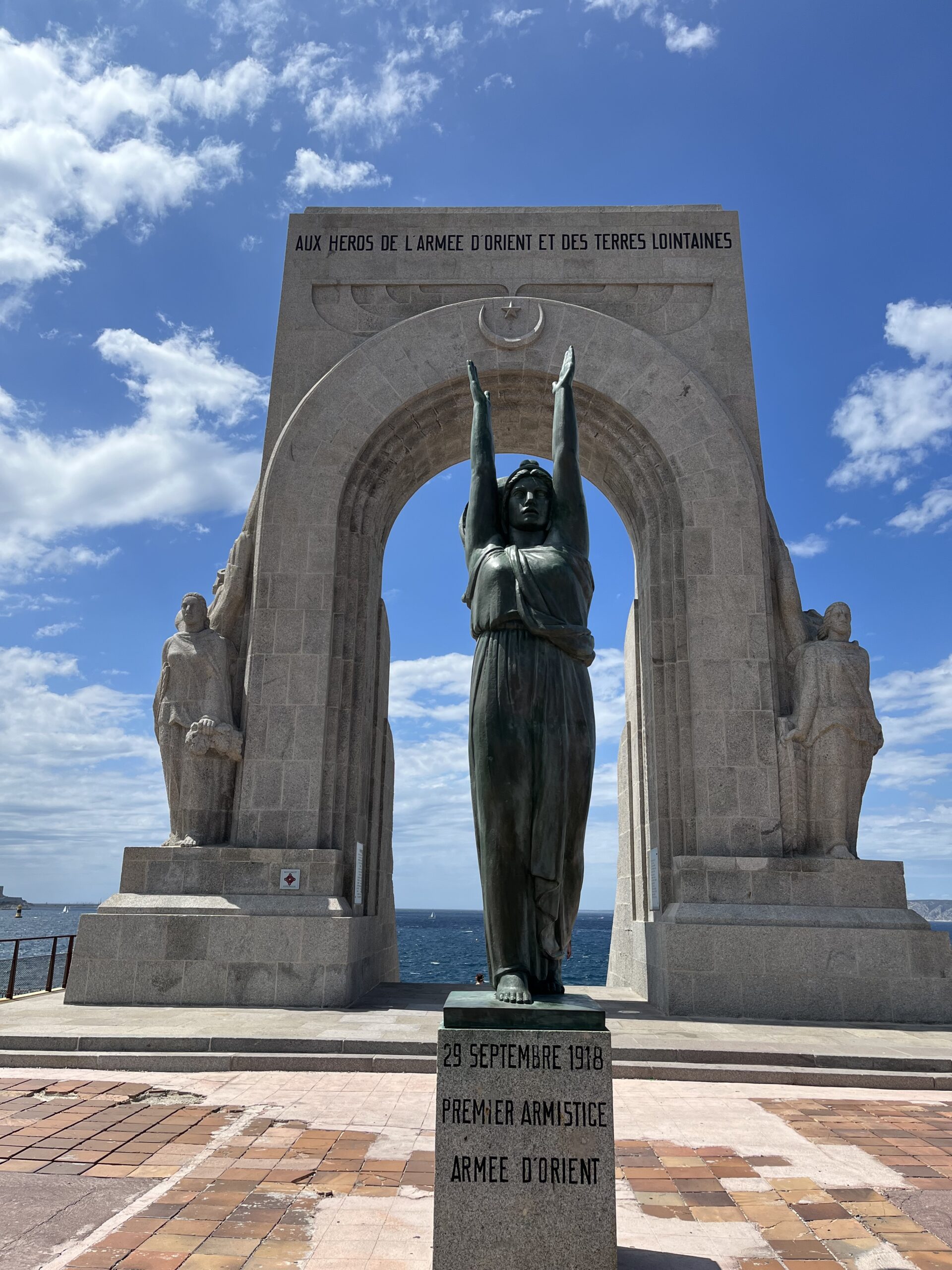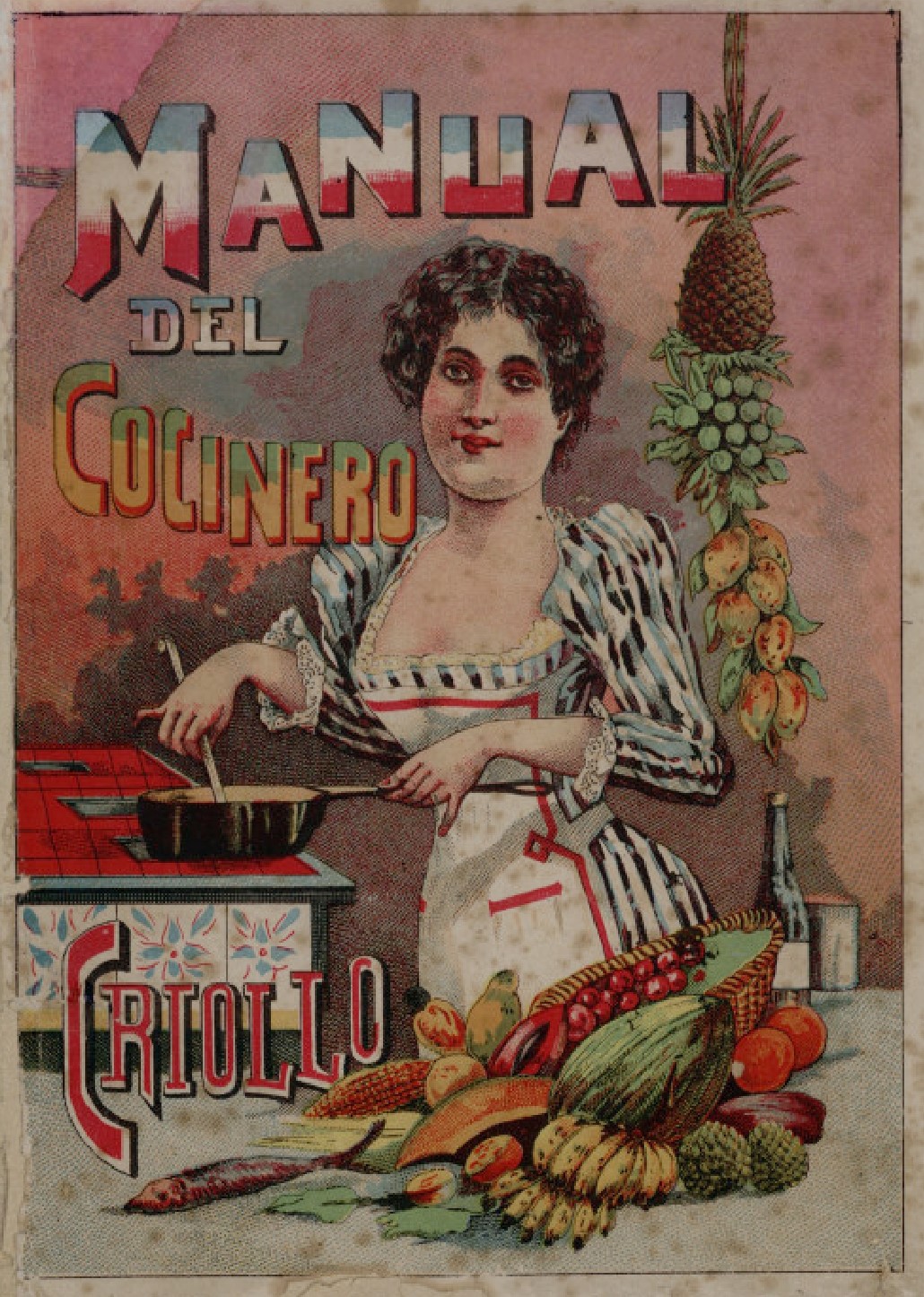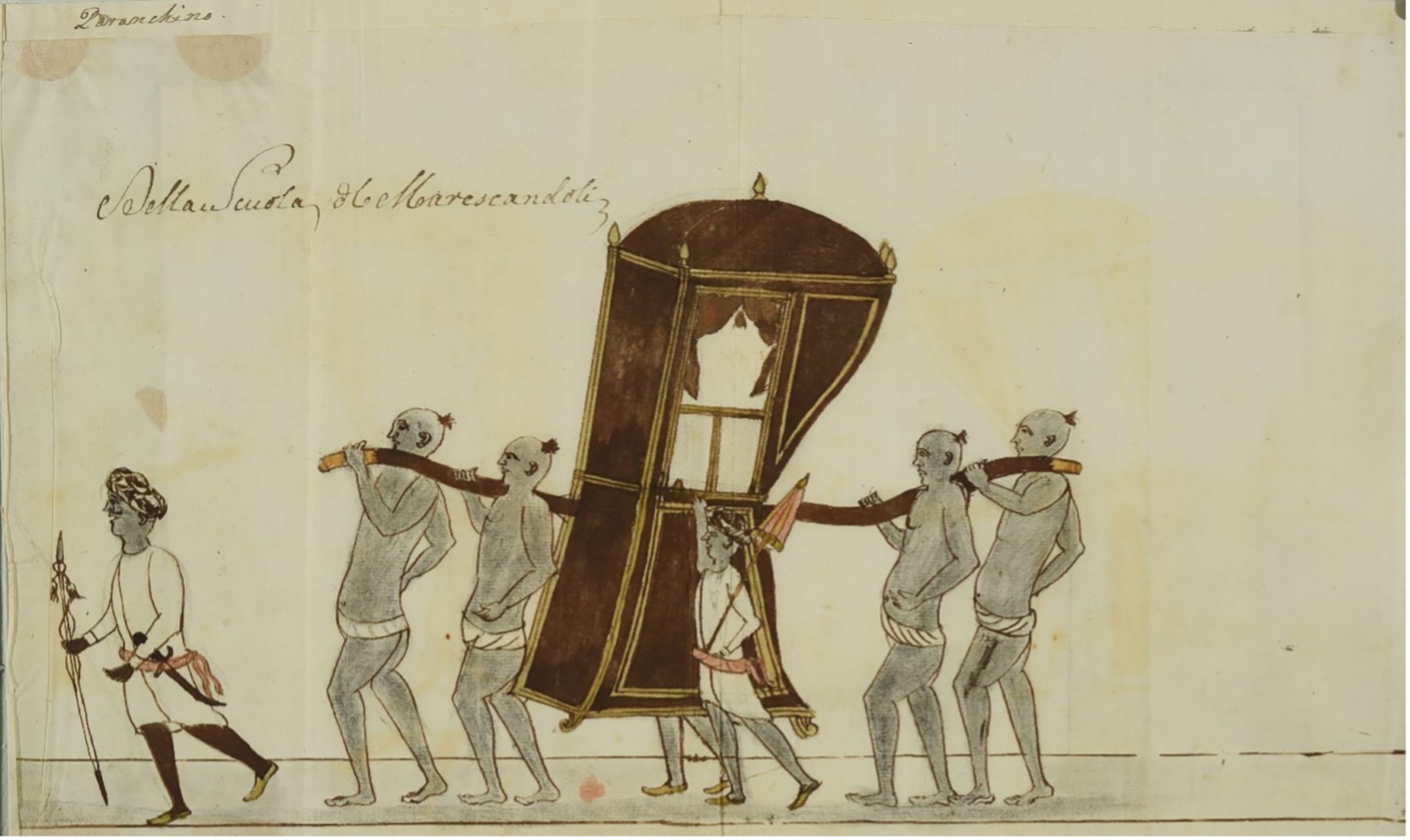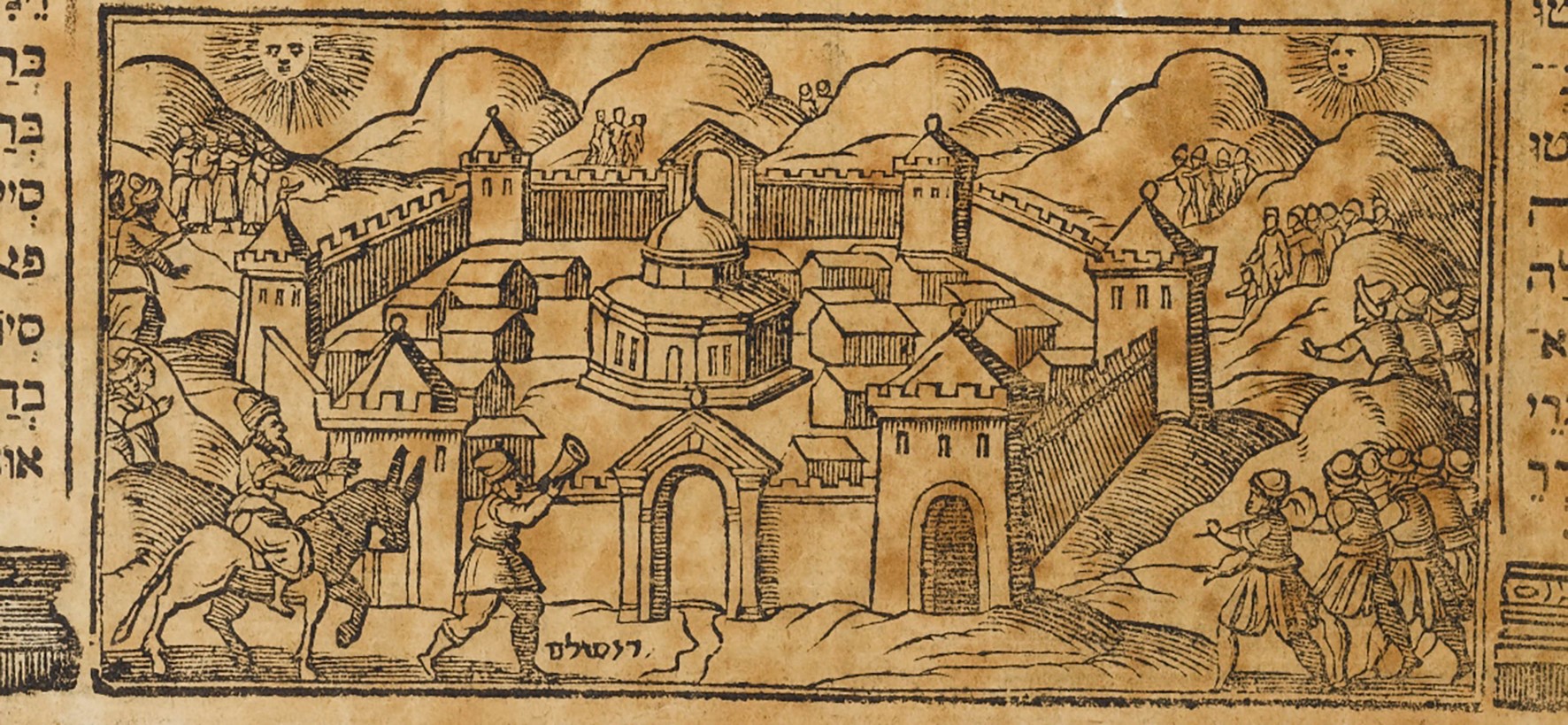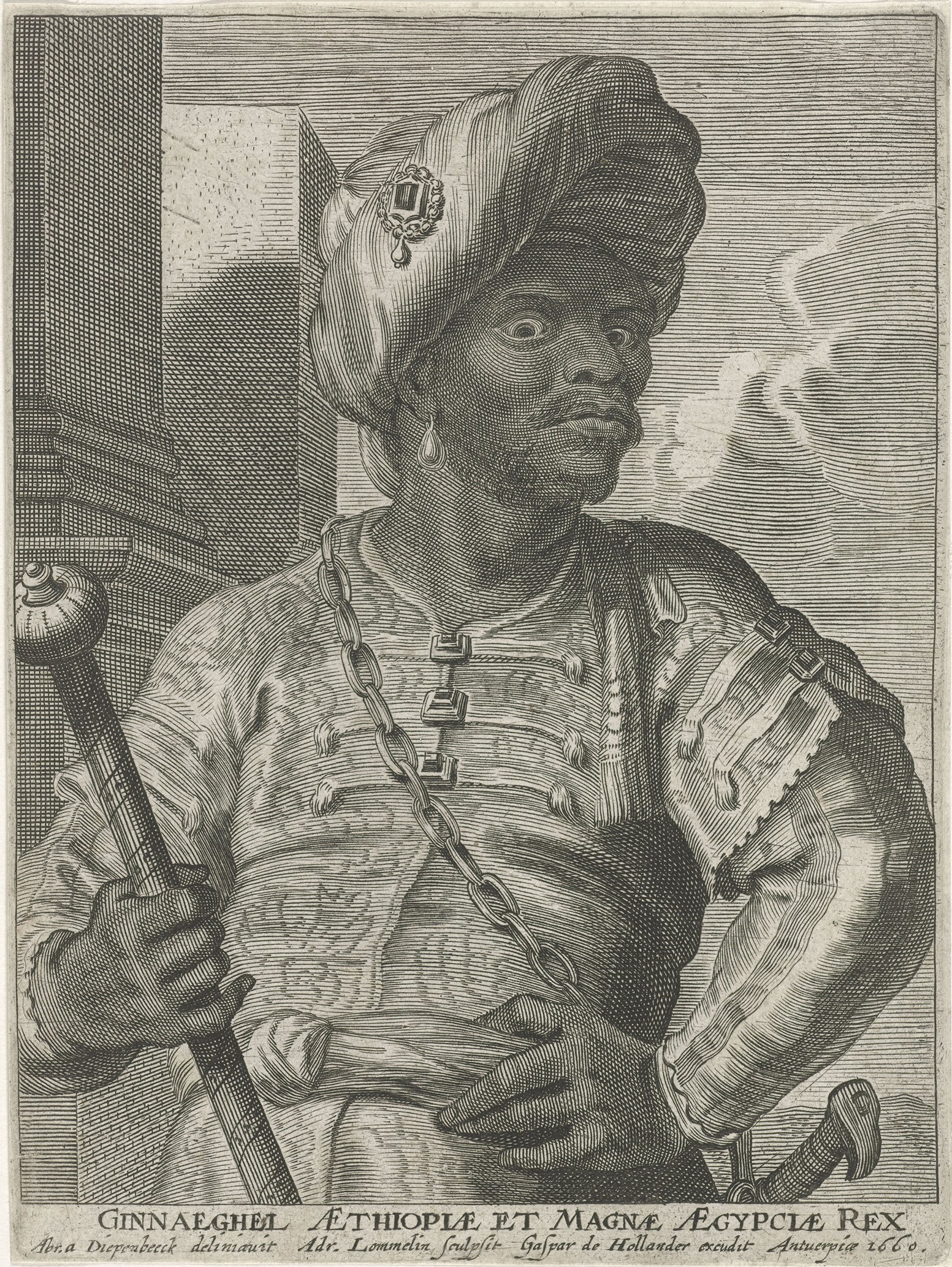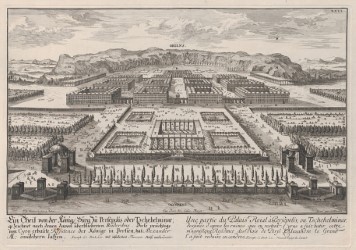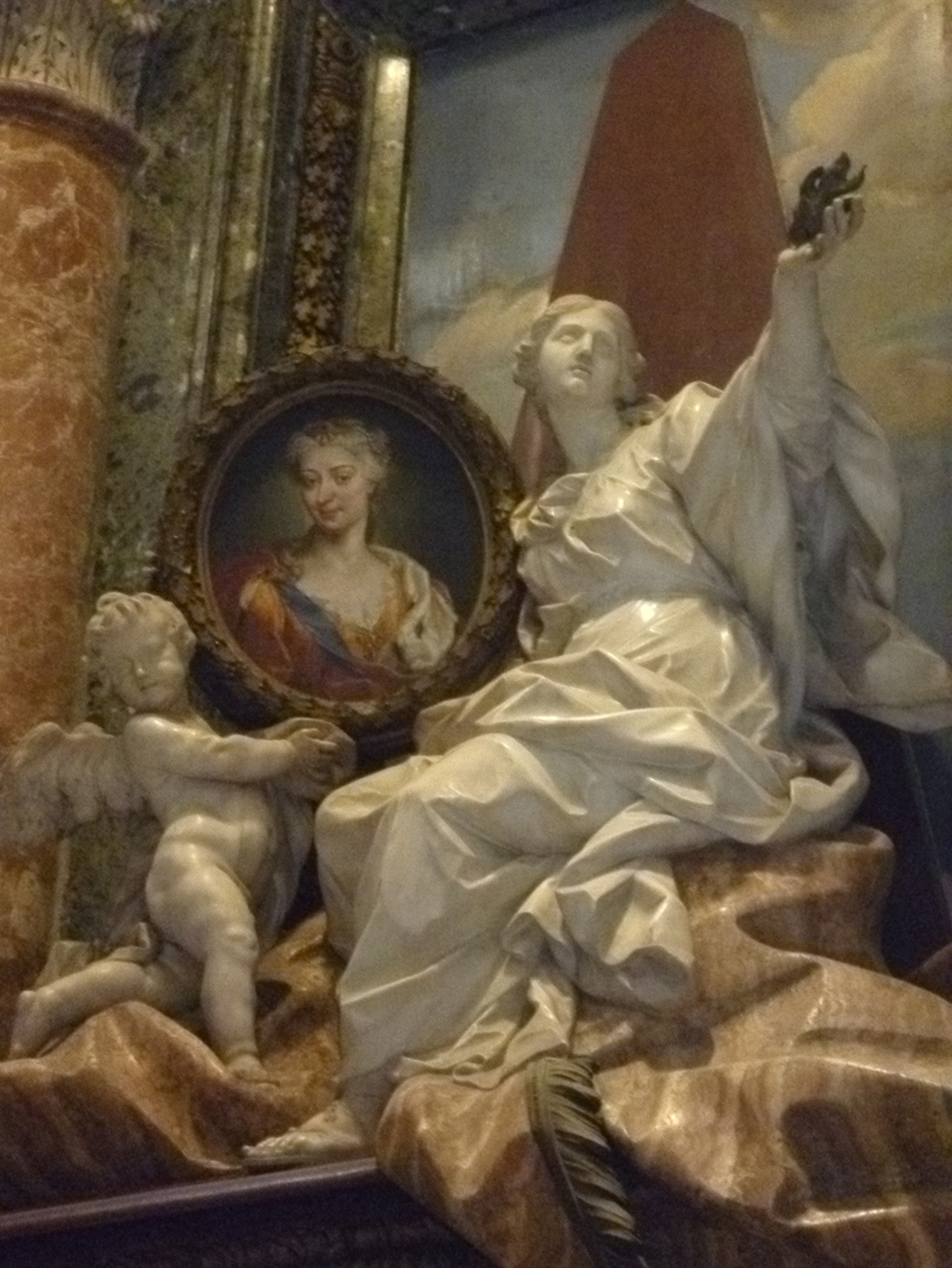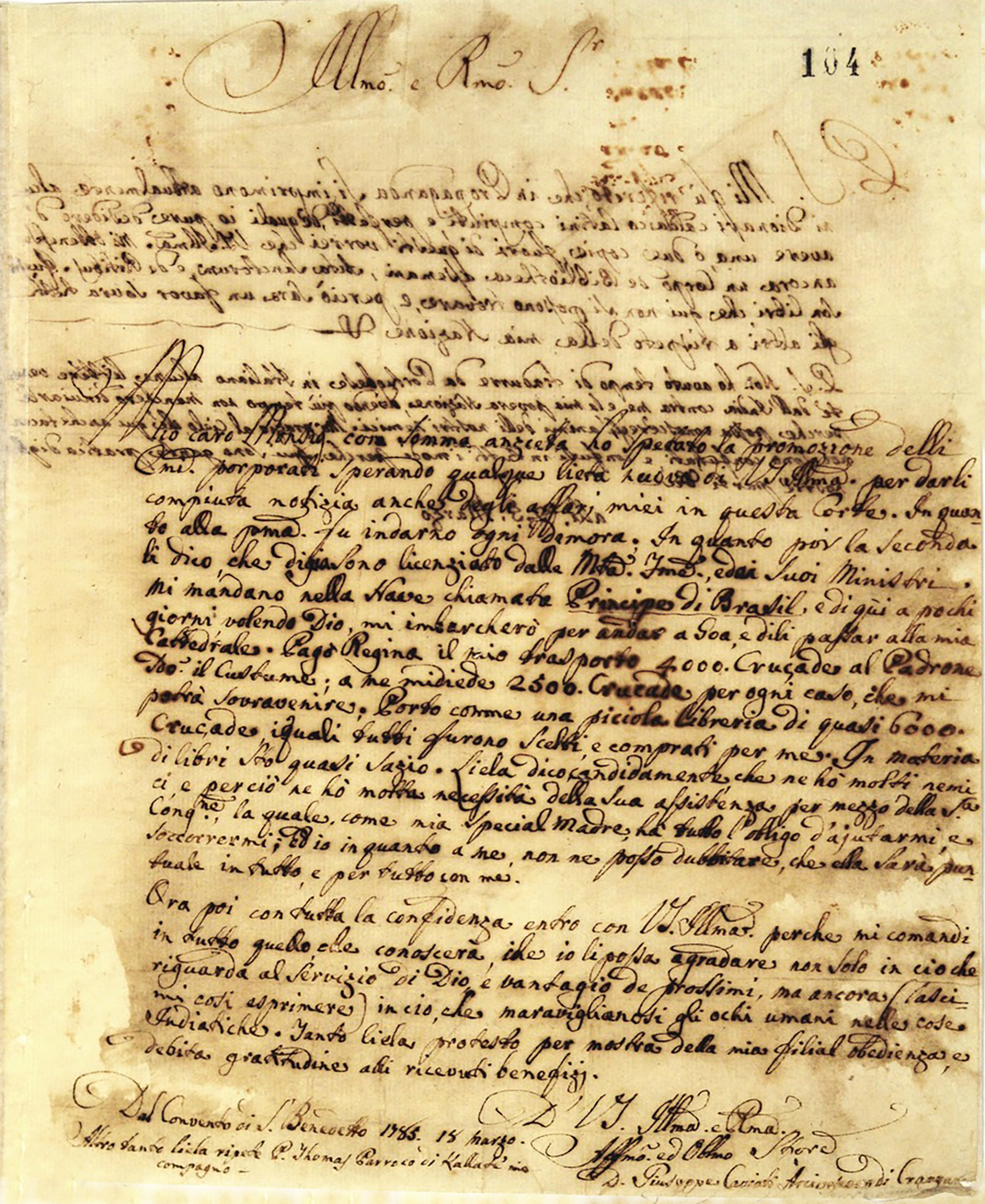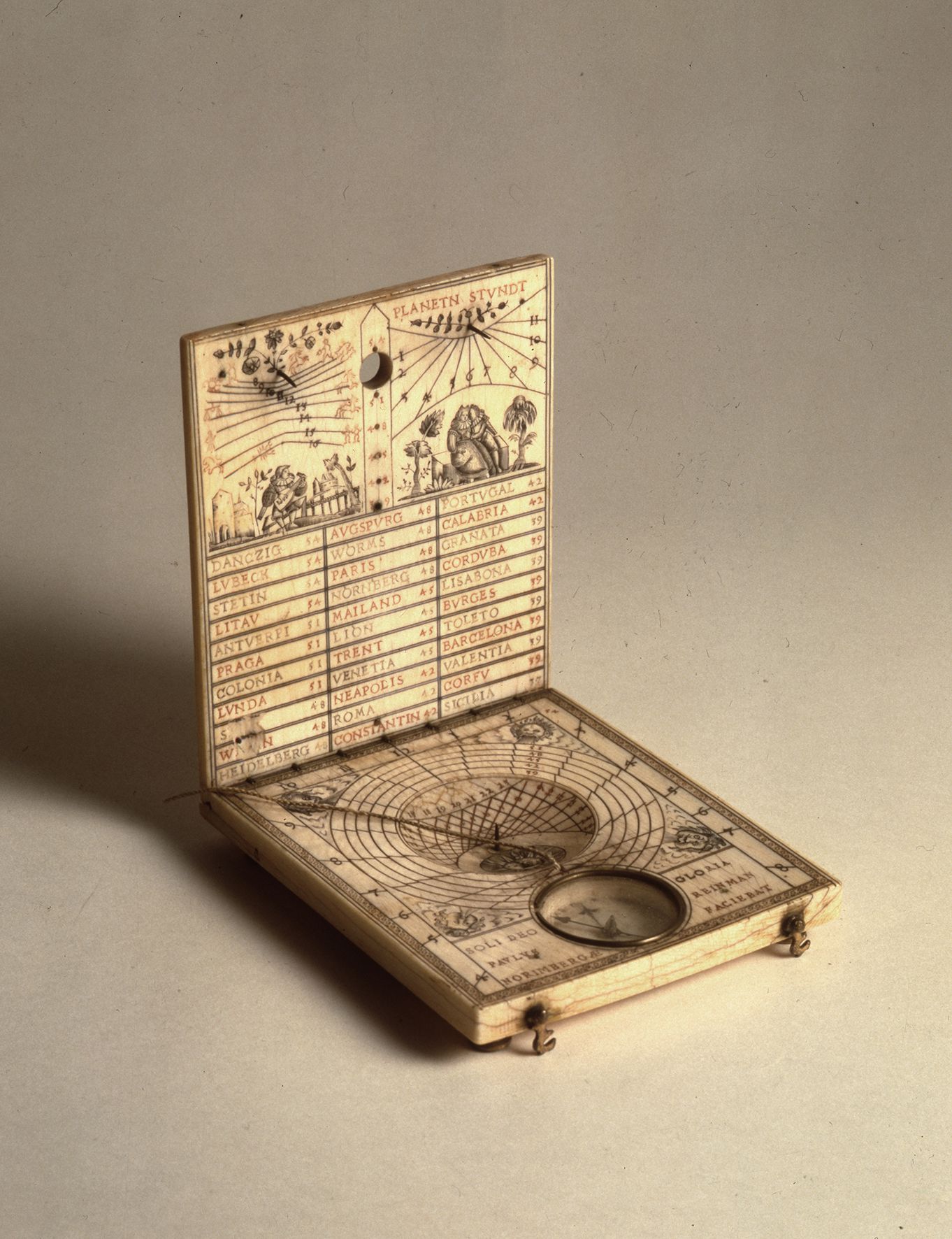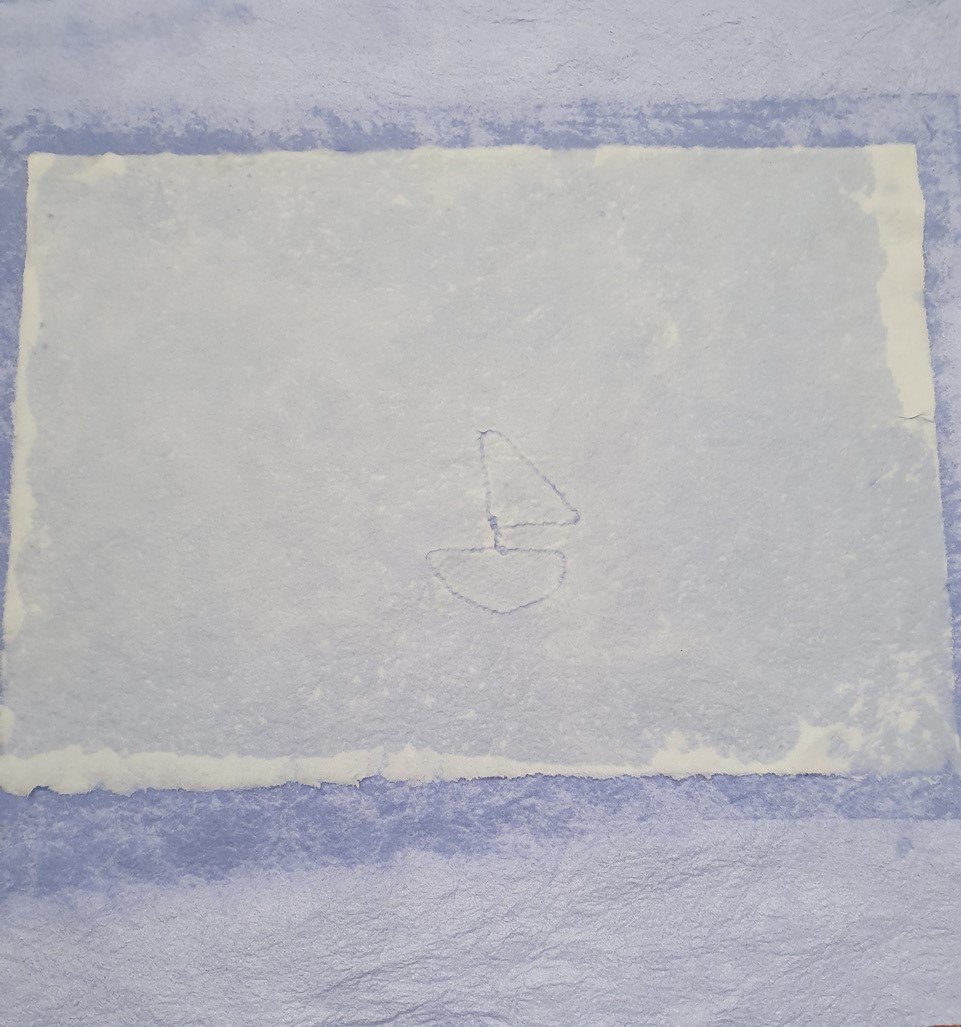“Visual reflections”, the PIMo series edited by Paola von Wyss-Giacosa (University of Zurich), focuses on the cultural dimension of pictorial and material sources, highlighting their importance for the project and more generally for research in the field of connected histories.
Some of PIMo’s core themes – people, things, ideas, and paper in motion; cultural and emotional entanglements; histories of migration, displacement, and dispossession – and a cross-section of the stimulating approaches taken by participants in this multi-disciplinary project about histories of displacement within and from the Mediterranean (15th–20th centuries) are presented here.
Each short essay takes an image as a point of departure for reflecting on the multiple functions, meanings and expressions of the visual. The common aim is to share with a wider readership the relevance and fascination of exploring the historicity of representation, and the enduring implications of media presence and circulation.
Dónal Hassett, ‘Marseille’s Porte d’Orient: Commemoration of Conflict and Colonialism on the Mediterranean’s Northern Shore’
Perched on a promontory along the Corniche in Marseille’s salubrious quartiers sud, the Monument aux Héros de l’Armée de l’Orient et des terres lointaines represents an ambiguous lieu de mémoire of conflict and colonialism. Built to commemorate those who died while serving in French forces during the First World War on the Balkan fronts, at the Dardanelles, and in colonial spheres of the conflict, the monument, commonly known as the Porte d’Orient, does de-centre the Western front in commemorative discourse and underline the global nature of the conflict. However, the symbolism embedded in the sculptural form of the monument and the subsequent commemorative interventions on the site elide the centrality of coercive system of colonialism to the histories of violence it claims to memorialise. This selective silence raises broader questions about cosmopolitan modes of commemoration on the Mediterranean’s Northern Shore, both past and present, that elevate limited conceptions of diversity over the harsh realities of domination and discrimination rooted in colonialism and the resistance which they have provoked. Marseille’s status as the principal port of the French empire is embedded [...]


